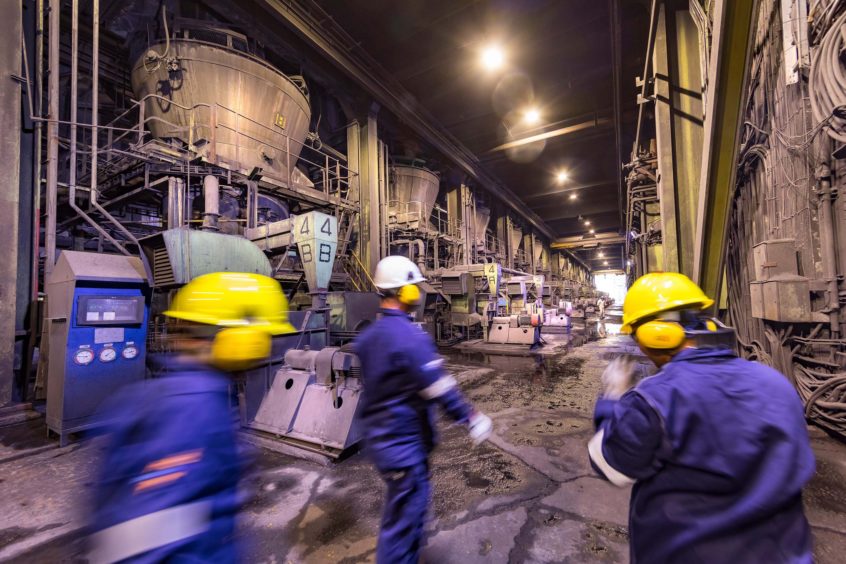
South Africa’s subsidy support for Sasol is inefficient and fails to achieve what it sets out to do, namely protect consumers from price shocks, according to the International Institute for Sustainable Development (IISD).
The group calculated that subsidy support for Sasol was worth $490 million in 2019.
Subsidies for the company come through the market price support (MPS) for Sasol and exemptions from the carbon tax.
Looking at Sasol’s coal-to-liquids (CTL) plant at Secunda, the company supplies around 30% of South Africa’s fuel needs.
When prices are high, Sasol generates “massive profits”. Low oil prices make the company unprofitable, which leads to increased government subsidies, IISD said. “Since the pricing mechanism is unable to insulate South African consumers from oil price shocks, the subsidies to Sasol are not achieving their objectives.”
Sasol has said that breakeven prices for its synthetic fuels is around $35 per barrel. IISD opted to estimate the MPS using the cost of buying equivalent fuel in imports. The NGO calculated that of Sasol’s 2019 revenues of 95.22 billion rand ($5.77bn), 1.63% of this came from the MPS, 1.55bn rand ($94 million).
For every litre of synfuel a consumer buys at the pump, around 5% of the cost provides MPS for Sasol, the report said.
Carbon costs
The South African government has also exempted Sasol from carbon taxes for 90% of its emissions. This is above the standard 60% exemption. IISD put the company’s exemption at 60.4mn tonnes of CO2 equivalent per year. The company’s actual emissions in 2019 were 64.83mn tonnes.
This represents a subsidy of more than 6.5bn rand ($394mn). Sasol plans to cut absolute emissions by 10% by 2030, from a 2017 baseline. Assuming South Africa achieves its best-case scenario under the Paris Agreement, Sasol would still be responsible for 9.6-14.9% of the country’s emissions.
As such, the use of coal-based synfuel makes it “difficult to see compatibility” with South Africa’s Paris targets.
